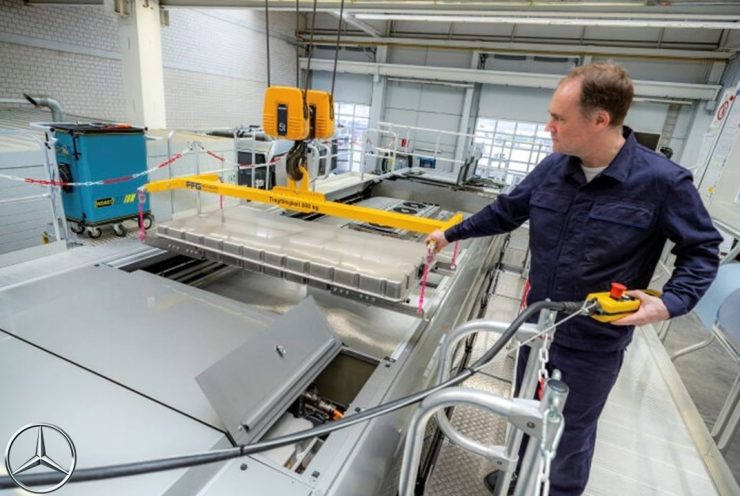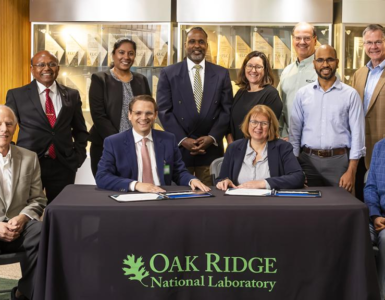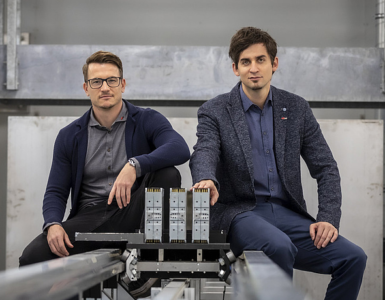Mercedes-Benz recycling eCitaro batteries. With the quiet, fully electric and locally emission-free Mercedes-Benz eCitaro urban bus, cities and urban areas are becoming a better place to live. At Daimler Buses, looking after the environment and being sparing with resources are inextricably linked.
This is why Daimler Buses has partnered with the GUW+ model project: in a new rectifier substation operated by ÜSTRA Hannoversche Verkehrsbetriebe AG, a stationary energy storage unit has been implemented which uses battery systems previously installed in fully electric eCitaro urban buses.
The development and implementation of the 2nd-life use batteries is being handled by Mercedes-Benz Energy GmbH in Kamenz (Saxony).
2nd-life use of batteries furthers the positive environmental balance sheet of the eCitaro
As part of its understanding of sustainability, Daimler Buses has looked holistically at the life cycle of buses and their battery systems.
🔥 What about we co-host a webinar? Let's educate, captivate, and convert the battery economy!
Batteries News is the global go-to online magazine for the battery industry, we can help you host impactful webinars that become a global reference on your topic and are an evergreen source of leads. Click here to request more details
Gustav Tuschen, Head of Development at Daimler Buses:
Looking after the environment and being sparing with resources are the main arguments in favour of our electrically powered eCitaro urban bus.
“We have checked thoroughly and its carbon footprint is much better than that of a conventionally powered urban bus when you look at the data for the long service life of the vehicle. And re-purposing its batteries improves the environmental balance sheet even further.”
Holger Elix, Head of Infrastructure at ÜSTRA explains a further aspect:
The cost of buying electric buses is a big challenge.
“So re-using the batteries as a stationary unit on the company premises can additionally spread the costs and may well speed up the electrification of local public transport.”
Batteries hold a key position in the environmental balance sheet of electric vehicles. Anyone who uses a smartphone knows the problem: regular charging and discharging puts strain on the battery, and sooner or later its capacity drops noticeably.

And it’s no different in the case of fully electric urban buses. The service life of the NMC batteries used in fully electric Mercedes-Benz eCitaro buses is therefore between five or six years, by which time the capacity diminishes to approximately 80 percent. After that, the required range for urban buses is no longer guaranteed.
- 2nd-life use of batteries helps the eCitaro yield a positive environmental balance sheet as well as simultaneously increasing its economic utility value
- A long second life: drive batteries in use at a rectifier substation as part of Hanover’s GUW+ project
- Development and implementation of the energy storage unit by Mercedes-Benz Energy GmbH
From a drive battery in an urban bus to an energy storage unit for trams: the second life of a Mercedes-Benz eCitaro battery, April 28, 2021








